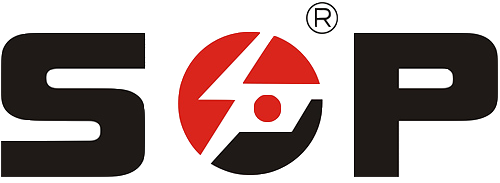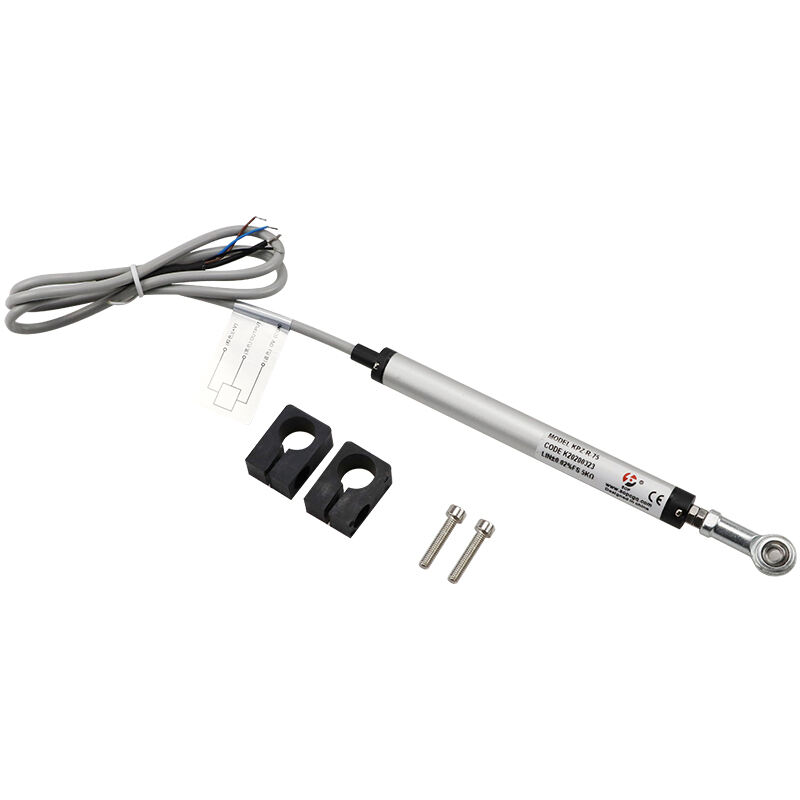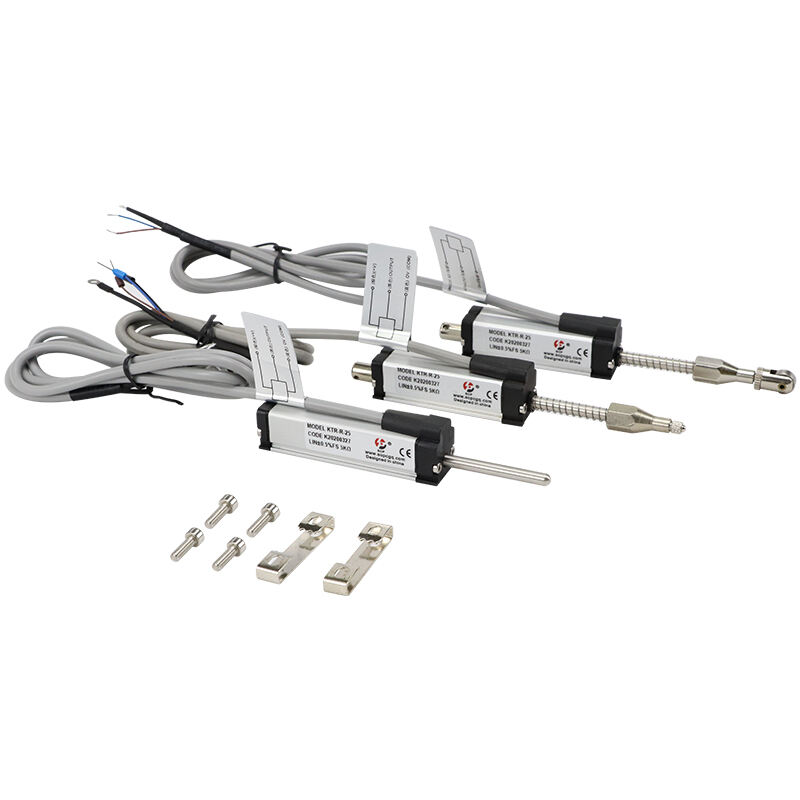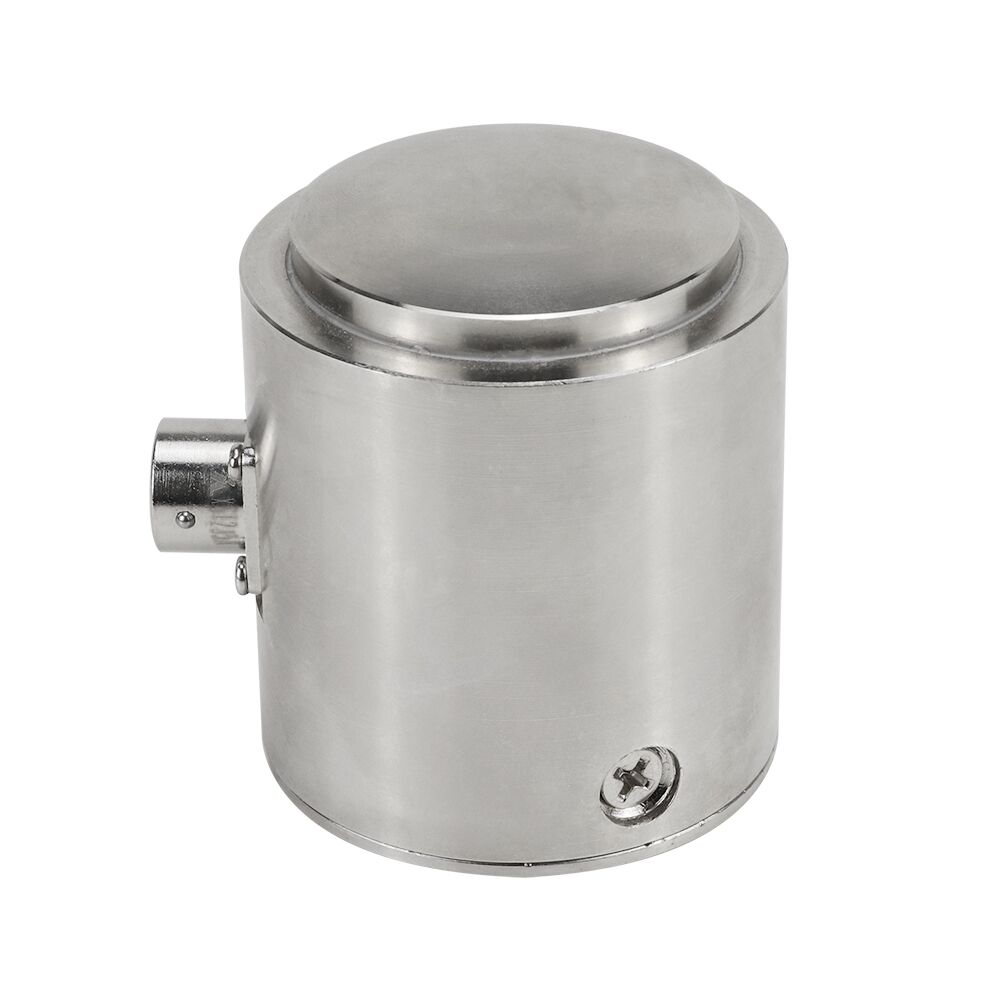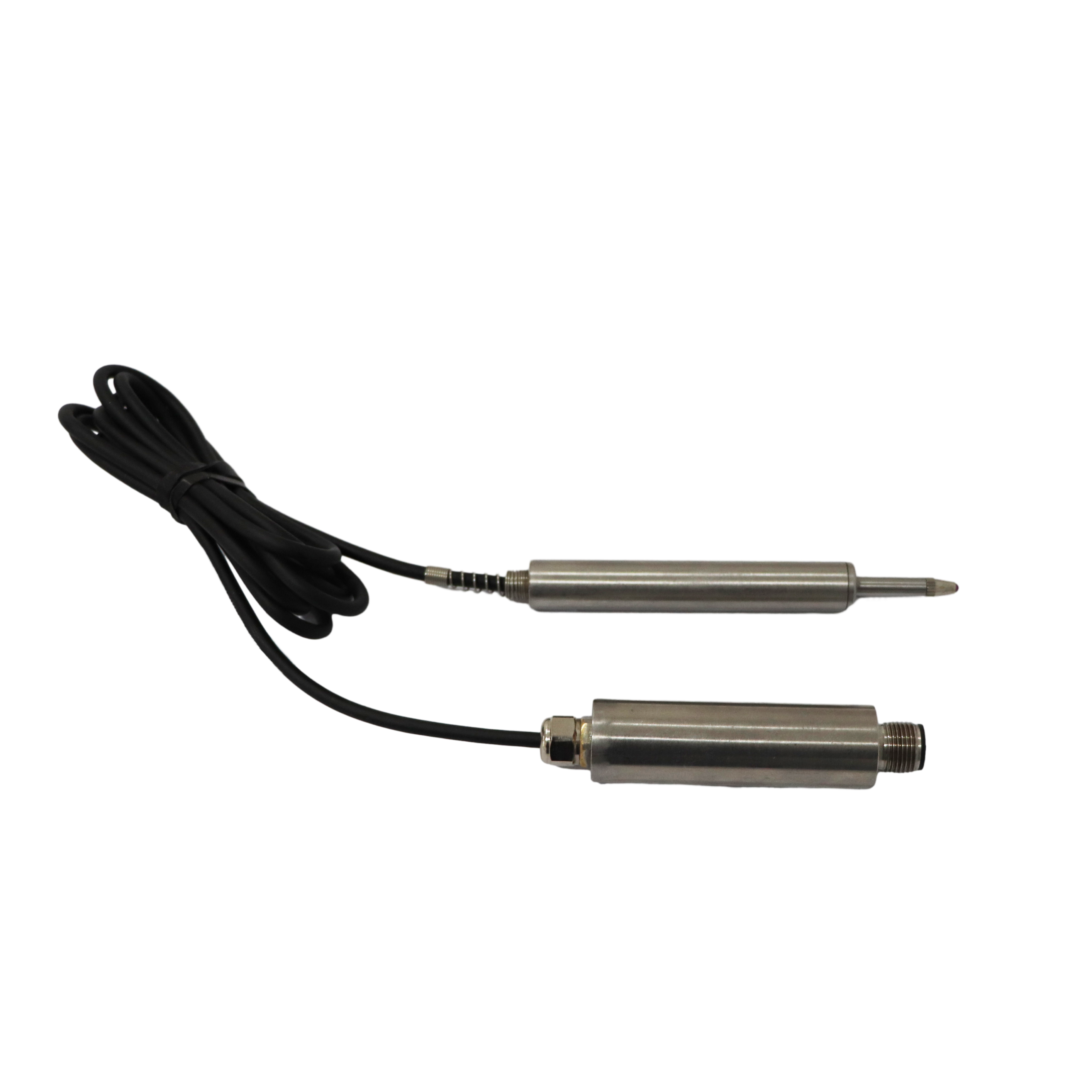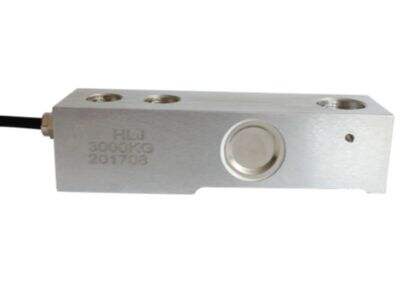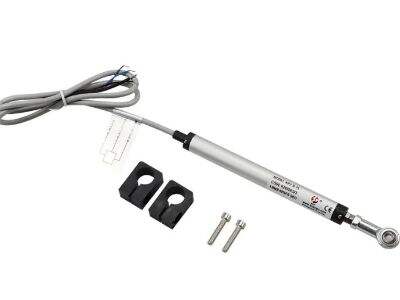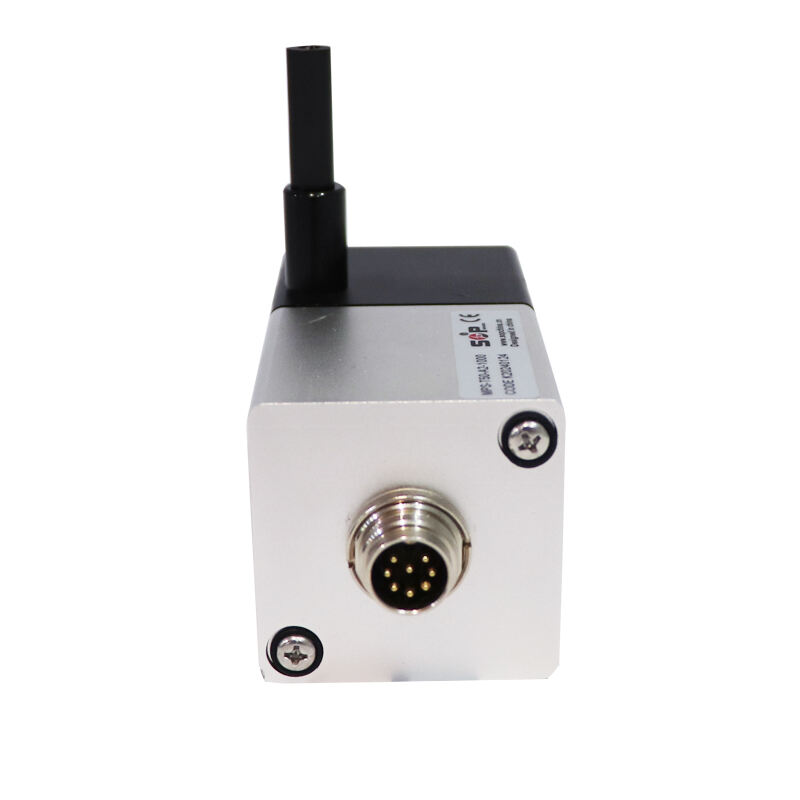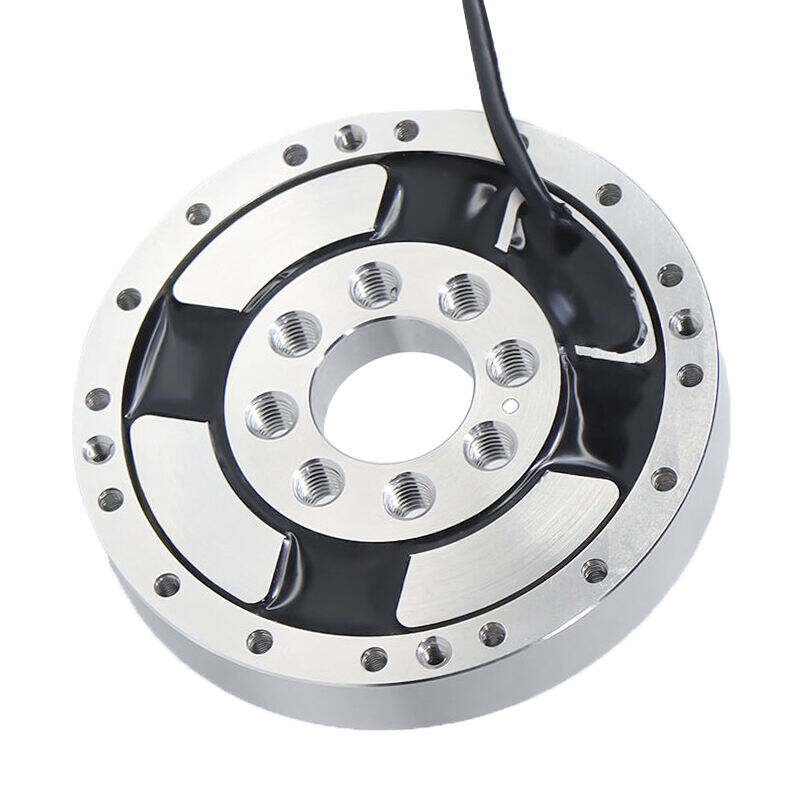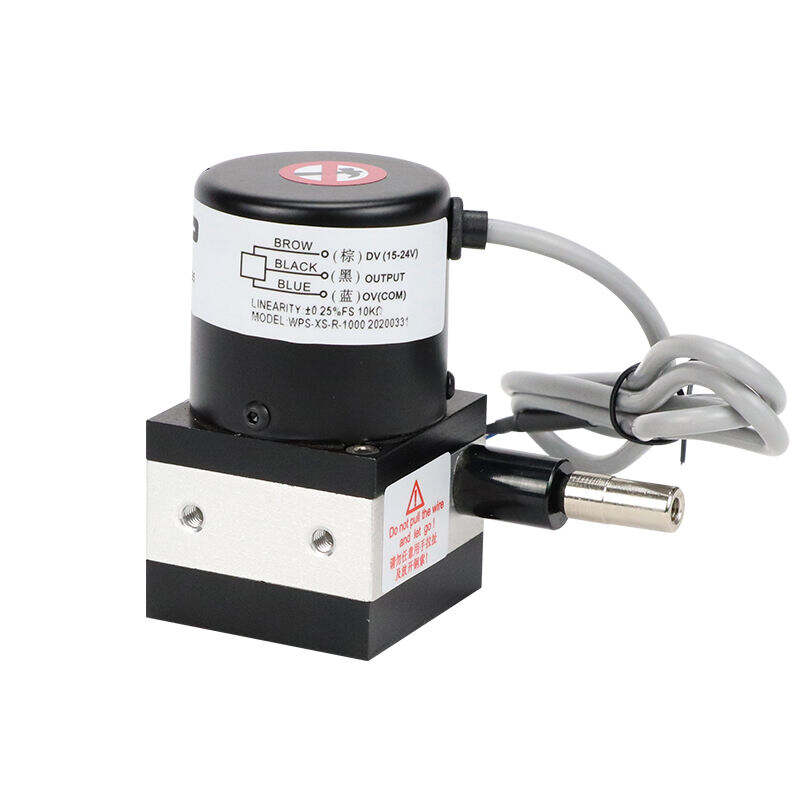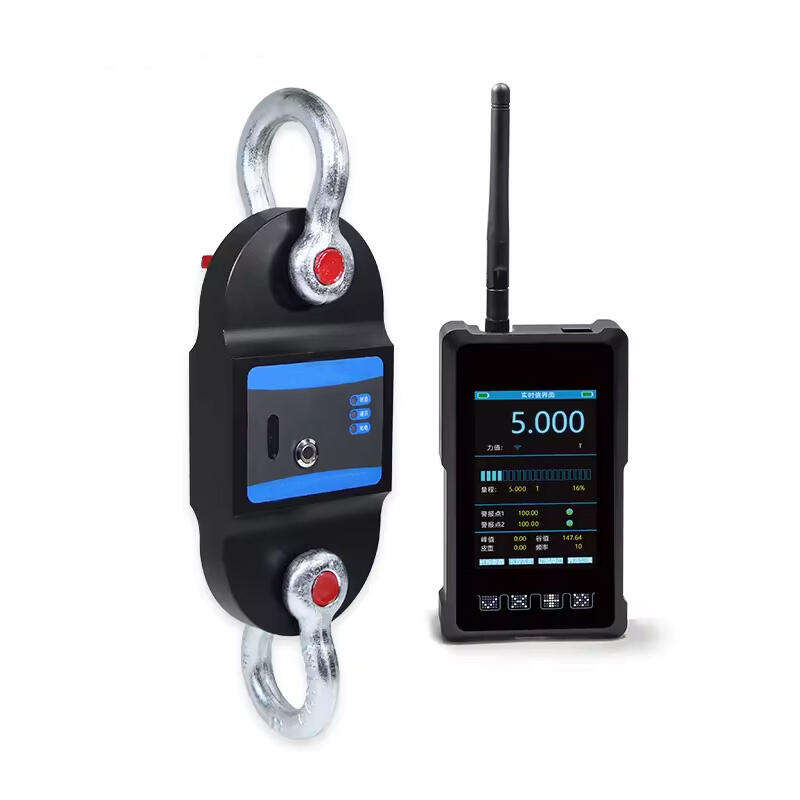sensor de transdutor de peso
Um sensor transdutor de peso é um dispositivo de medição sofisticado que converte força mecânica ou peso em sinais elétricos para aplicações precisas de monitoramento e controle. Esses sensores utilizam tecnologia avançada de extensômetros (strain gauges) para detectar e medir as forças aplicadas, fornecendo medições de peso precisas e confiáveis em tempo real. O sensor é constituído por uma célula de carga com extensômetros posicionados cuidadosamente, os quais se deformam sob pressão aplicada, criando alterações mensuráveis na resistência elétrica proporcionais ao peso ou força exercida. Os sensores modernos transdutores de peso incorporam mecanismos de compensação de temperatura e capacidades de processamento digital de sinais, garantindo desempenho consistente sob diferentes condições ambientais. Eles são amplamente utilizados em balanças industriais, sistemas de controle de processo, equipamentos de movimentação de materiais e linhas de fabricação automatizadas. Os sensores podem medir pesos que variam de alguns gramas a várias toneladas, tornando-os versáteis para diferentes aplicações. Sua construção robusta geralmente inclui carcaça em aço inoxidável e componentes hermeticamente selados, oferecendo proteção contra poeira, umidade e outros fatores ambientais. Os sensores transdutores de peso desempenham um papel fundamental no controle de qualidade, gestão de estoque e automação de processos, oferecendo níveis elevados de precisão, normalmente entre 0,1% e 0,025% da escala total. Podem ser integrados a vários sistemas de controle por meio de interfaces industriais padrão, permitindo coleta e análise de dados contínuas para maior eficiência operacional.
